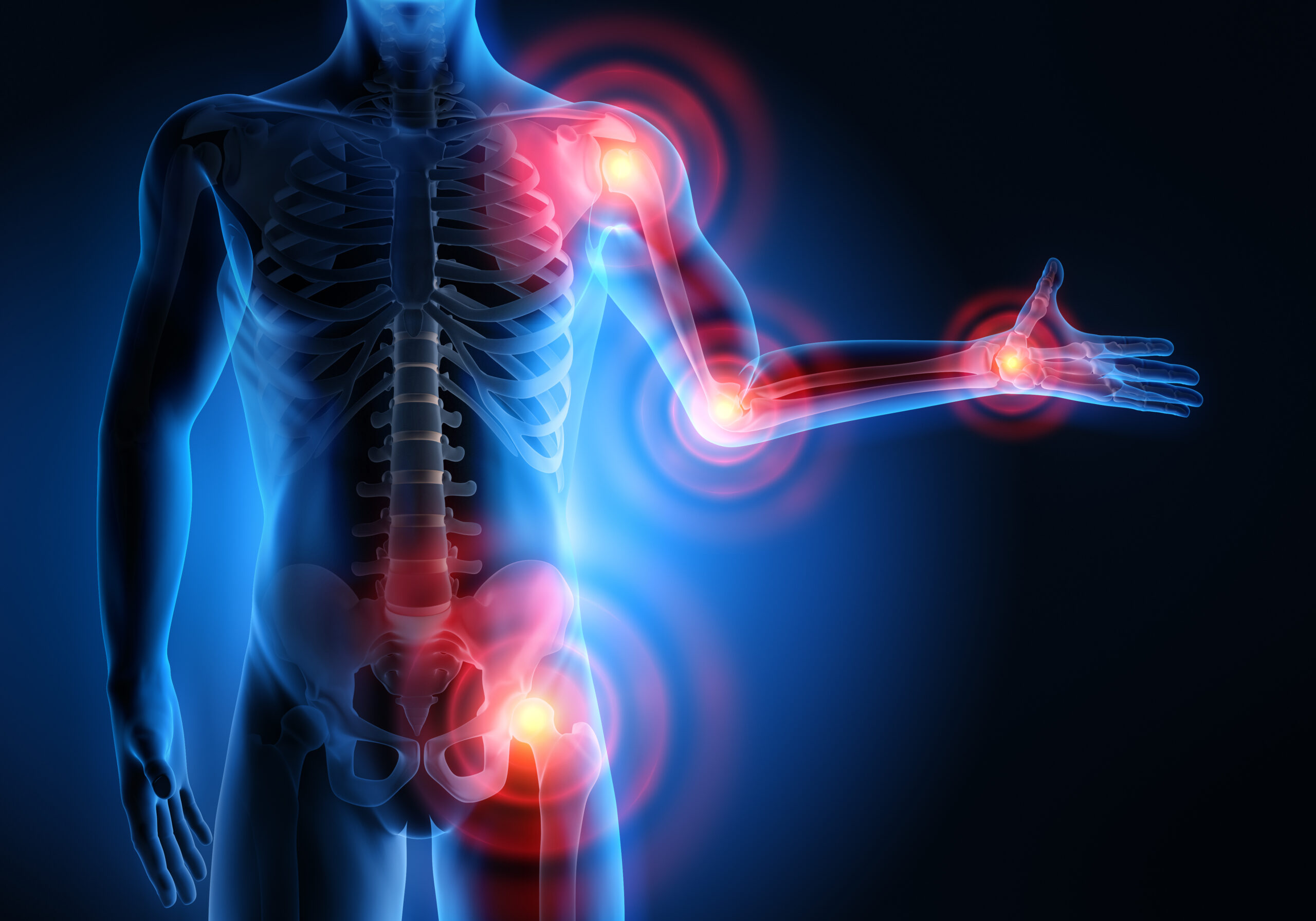The Best Life Style Modifications to Reduce Inflammation in the Body
Inflammation is the body’s natural response to injury and infection, but when it becomes chronic, it can lead to a myriad of health problems. One of the most powerful ways to combat chronic inflammation is through lifestyle modifications, starting with what we eat. An anti-inflammatory diet is rich in whole foods, fruits, vegetables, nuts, and seeds. It emphasizes the importance of incorporating a variety of colorful produce to get a wide range of antioxidants, and includes sources of omega-3 fatty acids like fatty fish and walnuts, as well as healthy monounsaturated fats found in olive oil. Equally important is the consumption of herbs and spices such as turmeric and ginger, known for their anti-inflammatory effects. Processed foods, on the other hand, along with fried items and refined carbohydrates, should be minimized as they can exacerbate inflammation.
Maintaining a healthy weight is also critical in reducing inflammation. This can be achieved by balancing calorie intake with physical activity to encourage weight loss, especially around the abdomen where fat accumulation is linked to increased inflammation. Regular exercise not only assists with weight control but also directly reduces inflammatory markers in the body. A combination of aerobic exercises, such as walking or swimming, and strength training can be especially effective.
Proper sleep is another pillar of anti-inflammatory living. Establishing a regular sleep pattern and creating a conducive sleep environment are essential, as is avoiding stimulants like caffeine close to bedtime. Chronic stress, too, can lead to elevated inflammatory responses, making stress management through mindfulness, meditation, or engaging in enjoyable activities a key strategy in an anti-inflammatory lifestyle.
Reducing the intake of toxins from sources such as cigarette smoke and alcohol, along with minimizing exposure to environmental pollutants, plays a crucial role in inflammation control. Hydration is another simple yet effective method to stave off inflammation; adequate water intake and consuming water-rich foods can help keep the body’s systems functioning optimally.
The health of our gut microbiome is another area of interest in the fight against inflammation. Incorporating probiotics and prebiotics through diet supports a healthy gut flora, which is known to have a regulatory effect on inflammation. Additionally, practices such as intermittent fasting have shown promise in reducing inflammation by promoting autophagy and giving the digestive system a regular break.
Lastly, keeping track of health metrics through regular medical check-ups can help in monitoring inflammation levels in the body, such as the C-reactive protein (CRP), and making informed decisions about lifestyle changes. Making these changes is less about seeking quick fixes and more about committing to a consistent and sustainable approach to overall health. It is always advisable to consult healthcare professionals before making any significant lifestyle changes, particularly for individuals with existing health conditions.
